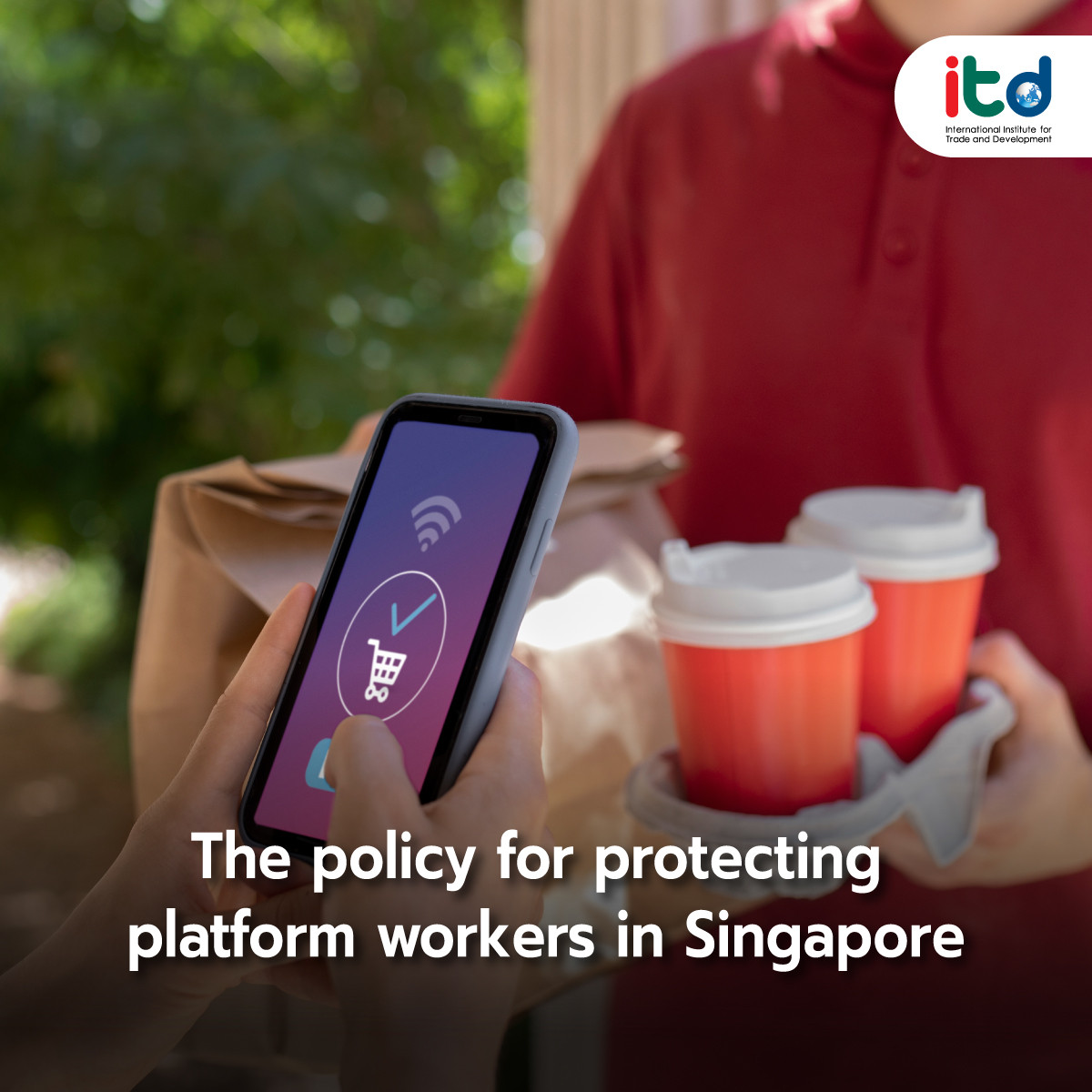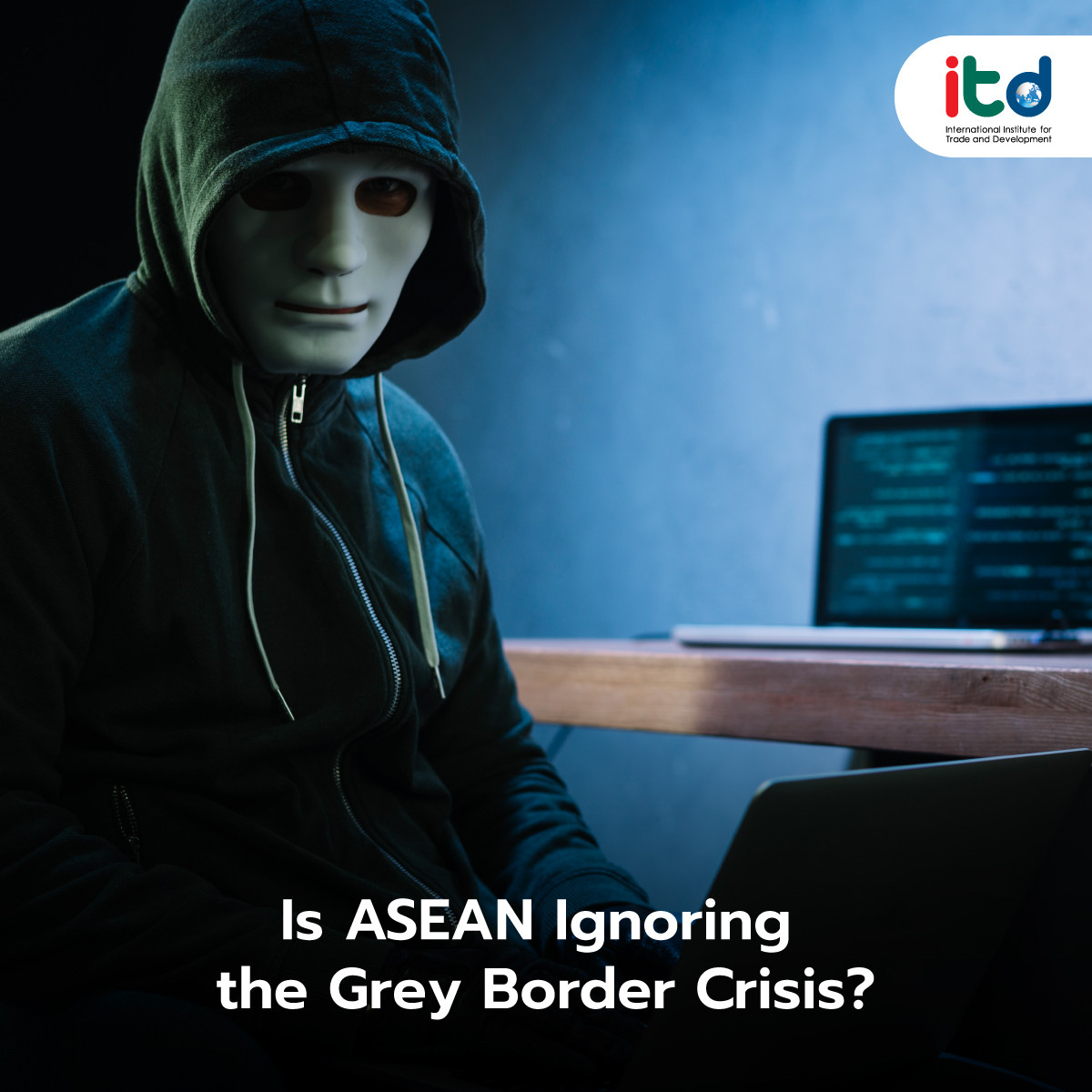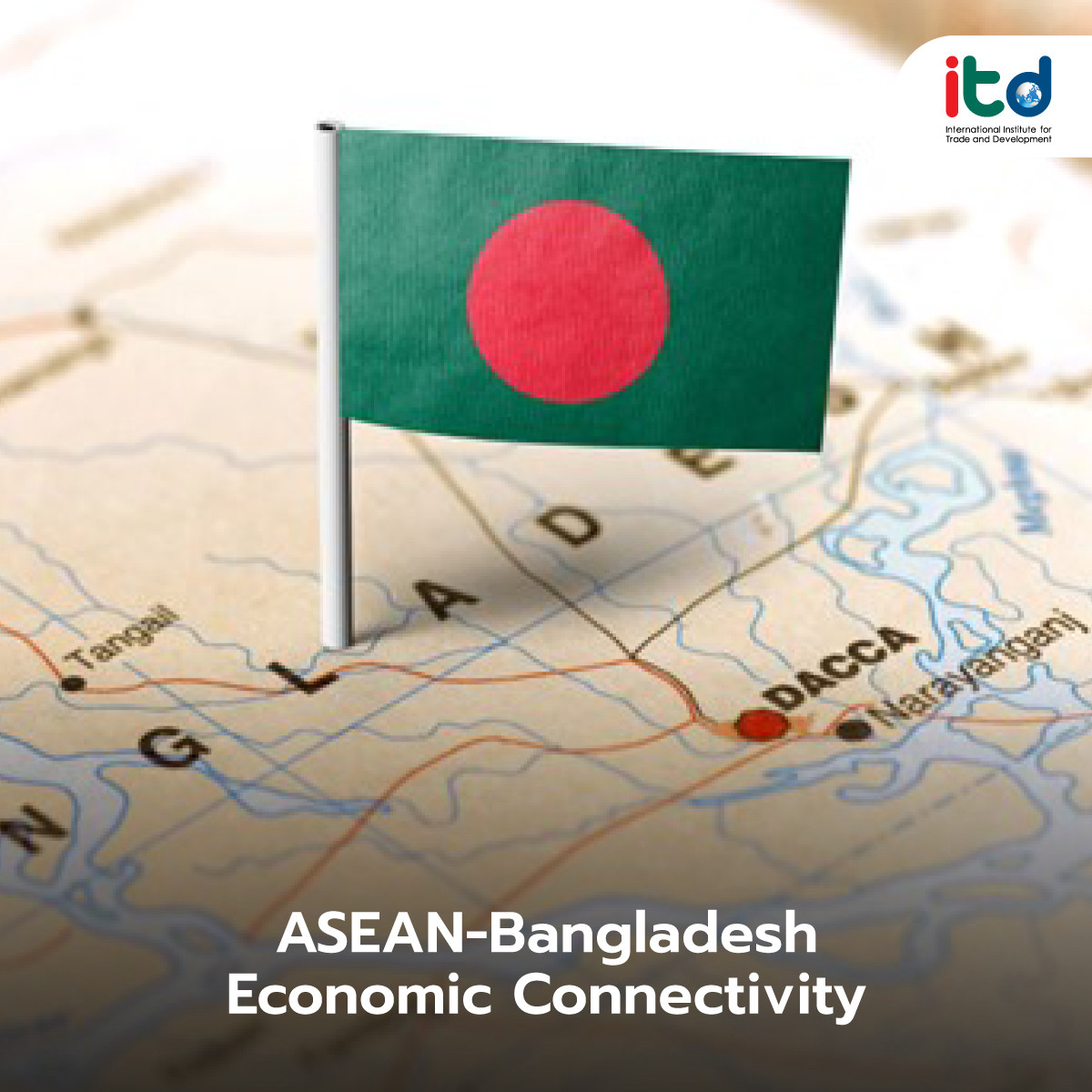About Documents
It is undeniable that in the present day, online platforms have become an integral part of people’s lives. The expansion of online platform usage, especially following the COVID-19 pandemic, has raised questions about the rights and welfare of workers in various online platforms, such as drivers, food delivery workers, and housekeepers, who rely on technological advancements for their livelihoods.
As these platform workers represent a new form of labour, many countries, including Singapore, still have ambiguous legal statuses for such workers, resulting in a lack of legal protection. Additionally, they often have limited bargaining power with online platform companies. To understand this phenomenon, it is worth discussing the labour policies related to it, particularly the platform worker policy in Singapore that will be implemented in 2024. This policy serves as an important model for adapting to the changing nature of work.
In the second half of 2024, the Singapore government will begin enforcing a platform labour policy, recommended by the Advisory Committee on Platform Workers. This new policy will enhance access to welfare and increase the bargaining power of platform workers, ensuring better protection and the ability to negotiate for their rights.
The policy allows these workers to form a representative body similar to a labour union. The organization will officially represent platform workers in Singapore, having legal authority to sign any agreements.
Furthermore, platform workers will be able to apply for the Central Provident Fund (CPF) like employees in other sectors. This inclusion aims to improve housing and financial stability in retirement, mandatory for those under 30 years of age, with a voluntary system for those aged 30 and above. Workers will contribute to the CPF, with a portion also coming from platform companies at a lower rate than regular employees in 2024, eventually equalizing in the next five years.
In cases of work-related injuries, which are highly probable and can lead to financial instability, especially for platform workers with uncertain incomes, the Singapore government mandates platform companies to purchase work injury compensation insurance for their workers. Additionally, a Platform Workers Work Injury Compensation Implementation Network (PWIN) will be established, comprising platform companies, insurance companies, and a tripartite committee, responsible for managing and deliberating on work injury compensation insurance matters.
Singapore’s case is an exemplary model for ASEAN countries to adapt their policies in line with societal changes, to prevent modern workers from suffering due to policy gaps that fail to protect their rights and welfare. In recent years, Thailand has become familiar with frequent protests by platform workers, reflecting their dissatisfaction with their working conditions. Addressing the issues of platform workers is a challenge that the Thai government must solve, as the platform economy has become an increasingly significant economic sector.
Author:
Mr. Bhuchis Phoompakvan
Researcher
International Institute for Trade and Development (Public Organization)
www.itd.or.th
Publication: Bangkok BIZ Newspaper
Section: First Section/World Beat
Volume: 37 Issue:12566
Date: Wednesday, January 31, 2024
Page: 8 (left)
Column: “Asean Insight”






